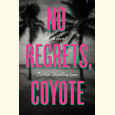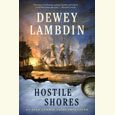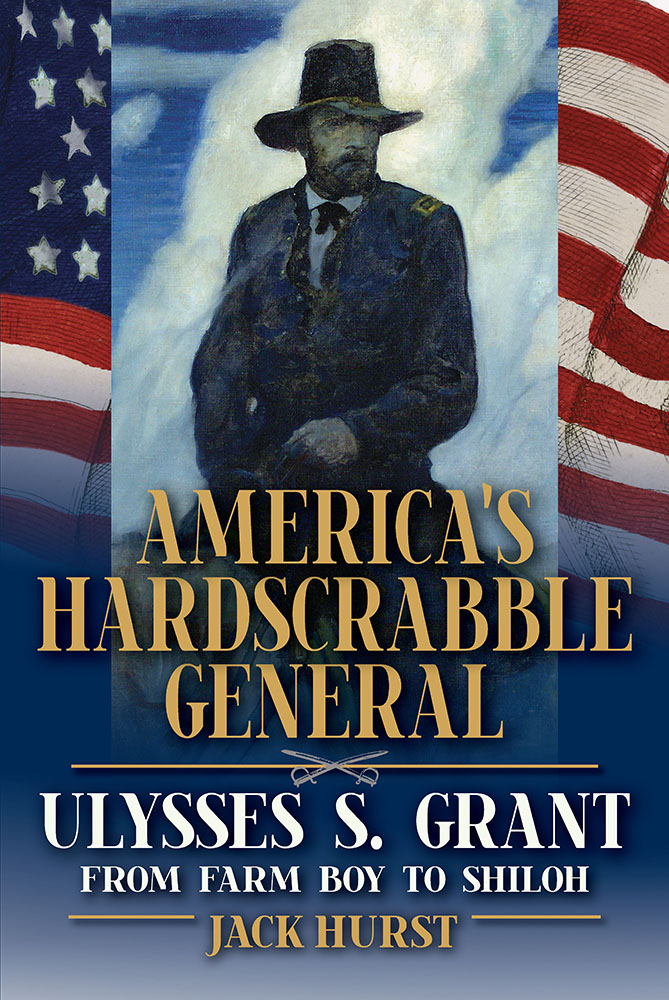Jane from Cincinnati
With Eligible, Curtis Sittenfeld delivers a contemporary adaptation of Pride & Prejudice
Since its revival in the mid-1990s, the Jane Austen industry has been in steady production. Literally hundreds of adaptations and extensions of Austen’s novels have been published, their authors determined to cash in on the timeless appeal of Austen’s singular approach to the comedy-of-manners genre. The Austen Project has formally commissioned six acclaimed contemporary authors to write new adaptations of Austen’s six novels. The most daunting of these challenges—reimagining Austen’s beloved novel Pride & Prejudice—fell to Curtis Sittenfeld. With Eligible, she offers a clever satire of our own cultural moment which nevertheless remains faithful to its source.
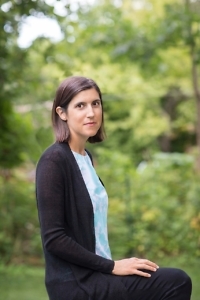 Sittenfeld’s novels—most notably American Wife, written from the point of view of a reluctant First Lady modeled explicitly on Laura Bush—have earned her a reputation for sensitive, perceptive portraits of the American elite. Sittenfeld’s unique approach to this culture is to lay bare its flaws without denying its appeal or the essential humanity of its denizens. A gifted social critic, she never places her herself or her heroines above the circles they move in, understanding implicitly that even those who resent the affluent and influential are nevertheless curious about their lives. All of which makes her an apt choice to reimagine Pride and Prejudice, a novel whose heroine, Elizabeth Bennett, must learn to reconcile a sense of independence far ahead of its time with the social expectation that she marry a respectable gentleman of means.
Sittenfeld’s novels—most notably American Wife, written from the point of view of a reluctant First Lady modeled explicitly on Laura Bush—have earned her a reputation for sensitive, perceptive portraits of the American elite. Sittenfeld’s unique approach to this culture is to lay bare its flaws without denying its appeal or the essential humanity of its denizens. A gifted social critic, she never places her herself or her heroines above the circles they move in, understanding implicitly that even those who resent the affluent and influential are nevertheless curious about their lives. All of which makes her an apt choice to reimagine Pride and Prejudice, a novel whose heroine, Elizabeth Bennett, must learn to reconcile a sense of independence far ahead of its time with the social expectation that she marry a respectable gentleman of means.
Reimagining a beloved novel in another country in another century is necessarily a fraught endeavor. Part of the pleasure of Pride and Prejudice is its ability to transport readers to a bygone age of custom and manner. It’s easy to get swept up in the romance of formal balls held in palatial estates and overlook Austen’s sometimes bitterly sharp satire. And it’s difficult for a contemporary adaptation to overcome the fact that the central conflicts of the original novel depend on social and legal issues that no longer exist.
With a retelling of Pride and Prejudice, this problem is particularly acute. In the original novel, the relatively modest Bennett family estate must be passed on to a male heir. Because Mr. Bennett has no sons, his daughters’ marriage prospects have consequence extending far beyond the girls’ own personal happiness. As the most attractive and accomplished of the five Bennett sisters, Jane and Elizabeth are in the unenviable position of being responsible for their entire family’s financial security. The choice between marrying for love or for more mundane concerns remains a realistic issue in twenty-first-century America, but it is no longer a matter of survival. How, then, do Austen’s conflicts translate to contemporary America, where women can have a life without having a husband—and where technology, mass media, and the sexual revolution have rendered rigid social mores and rituals of courtship obsolete?
Sittenfeld has elected to set Eligible in a context ripe for comedy: the Rust Belt. Liz Bennett and her older sister Jane live in New York, where Liz is a magazine writer and Jane a yoga instructor. Bright, capable, and for the most part happy, they have reached their late thirties without being lucky in love. The novel opens just as Jane and Liz have come home to Cincinnati to help care for their father after his heart surgery, placing them in position to meet Chip Bingley and Fitzwilliam Darcy, two doctors who have recently landed in the Bennett family’s social milieu. Chip is famous for his appearance on Eligible, a reality show based on The Bachelor; Darcy is a Stanford- and Harvard-educated neurosurgeon and the heir to a large family fortune and estate near San Francisco.
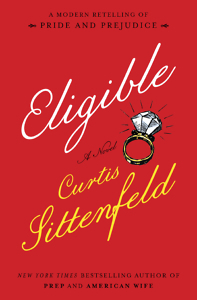 Sittenfeld’s contemporary updates enable her to skewer a variety of familiar tropes. Instead of an idle gentleman, Mr. Bennett is a feckless boomer dad who has squandered his nest egg with bad investments. Mrs. Bennett is a shopaholic obsessed with her forthcoming Women’s League Luncheon. Dour third daughter Mary spends her days accumulating online degrees. Youngest sisters Kitty and Lydia are paleo-dieting cross-fit enthusiasts who swear like sailors and have no higher ambition than perfecting their bodies.
Sittenfeld’s contemporary updates enable her to skewer a variety of familiar tropes. Instead of an idle gentleman, Mr. Bennett is a feckless boomer dad who has squandered his nest egg with bad investments. Mrs. Bennett is a shopaholic obsessed with her forthcoming Women’s League Luncheon. Dour third daughter Mary spends her days accumulating online degrees. Youngest sisters Kitty and Lydia are paleo-dieting cross-fit enthusiasts who swear like sailors and have no higher ambition than perfecting their bodies.
None of them measure up to the standards of the supercilious Dr. Darcy, of course. “Here’s what I’ve learned about the people in this city,” Darcy tells Bingley as Liz eavesdrops in Sittenfeld’s variation on Darcy’s famous first faux pas in the original. “They grade their women on a curve. If someone is described as sophisticated, it means once during college she visited Paris, and if someone is described as beautiful, it means she’s fifteen pounds overweight instead of forty.” Liz—free from the constraints of her predecessor’s strict code of manners—gives Darcy his comeuppance on the spot. “I was just inside thinking what grade I’d give myself,” she tells him. “I realized it would be an A-plus, but I’ve heard we grade on a curve here, so I’m probably what—more like a B for the coasts? Or a B-minus? If you have a minute to figure it out, be sure to let me know.”
We know where this is heading. The trick to appreciating Eligible is to dispense with expectations and simply enjoy the ride. Sittenfeld’s approach is to show less reverence for the tone and tenor of Pride and Prejudice than for the soul and spirit of Jane Austen as a novelist critiquing the excesses and hypocrisies of her world while also respecting the humanity of her characters. Ours is a cruder age; hence, the comedy in Eligible is appropriate to its setting—generally bawdy, edging on slapstick. Knowing that the novel will ultimately revolve around a reality-TV dating show should be fair warning, but if you’re offended by the idea of Liz and Darcy sharing a bed before the exchange of rings, skip this novel and re-watch the BBC miniseries instead. It never gets old.
But if you’re ready to accept an honest vision of what Austen’s characters’ lives would be like today, Eligible won’t leave you disappointed. Sittenfeld astutely aims her critical lens at a slew of contemporary issues: boomers destined to outlive their savings, real-estate nightmares, family members coming out in nontraditional sexual identities, the infiltration of technology into private life, whether to marry or have children. The problems the Bennett girls face are timely and familiar, but Sittenfeld never seems to take herself or her subject too seriously. Eligible is a funny, generous book, with enough fidelity to its source to feel authentic and enough surprises to keep it from feeling stale or predictable. I am confident Miss Austen would approve.

Ed Tarkington holds a B.A. from Furman University, an M.A. from the University of Virginia, and a Ph.D. from the creative-writing program at Florida State University. His debut novel, Only Love Can Break Your Heart, was published by Algonquin Books in January 2016. He lives in Nashville.
